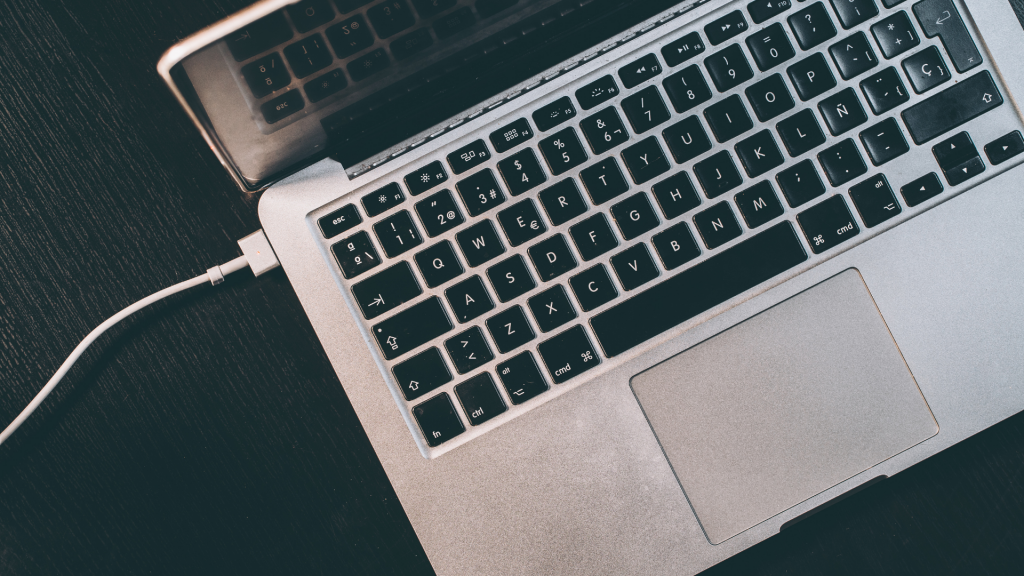It’s a question that has been on the minds of many people for years – do modern laptops stop charging when they are full?
The truth is, once a laptop reaches its full charge, it cannot be overcharged. Leaving the charger plugged in after reaching 100% will simply cut off power from charging due to an internal safety mechanism and keep on running directly through the cable until battery life has depleted slightly. The charger will then automatically resume topping up your battery for you!
In this article, we will delve into what’s and why’s of laptop batteries, their charging activity, and the effect of this charging activity on the laptop battery’s lifespan.

Lithium-ion and Lithium-polymer Batteries
The two main types of batteries used in laptops are lithium-ion and lithium polymer.
Lithium-ion batteries have a foil pouch that houses the battery’s anode and cathode. Lithium polymer batteries are more compact with the anode and cathode contained in a single layer of porous carbon material.
These two technologies have different mechanisms for creating battery voltage but they both rely on the movement of electrons.
The way these free charges flow through a cell creates an electrical current that can be used as an energy source in our laptops or phones.
Charging Activity of Laptop Batteries
Battery technology has come a long way. These high-tech batteries are equipped with an internal circuit that stops the charging process when your battery is fully charged, preventing it from overheating and burning out of control as many older models do!
There’s no way to overcharge these batteries. When you get to 100% charge and leave your laptop plugged in, the charger will stop charging the battery.
When this occurs, a switch flips off that keeps electricity flowing into the power cord but not through the battery any longer until this automatically kicks into gear again and tops up when needed at any time without damaging anything with too much electricity that could be dangerous for all types of devices including laptops.
Effect of Keeping your Laptop Plugged In
There is some debate among experts and laptop manufacturers as to whether or not it can be harmful to a battery if the machine remains plugged in all the time.
Some say that long-term continuous charging will cause an effect on its lifespan, while others disagree claiming their machines are doing just fine so far without any significant wear of charge capacities evident.
One thing that is certain about using your computer’s battery, no matter what you do with it, it will wear down over time. Every laptop battery has a finite number of charge cycles, and the more you put it through, the less efficient it will become.
As a rough guideline, about 500 full charge cycles are typical. This can range from one battery to another but this is the norm for most batteries.
Conclusion
Laptops are designed to prevent overcharging. Once the battery reaches 100%, a circuit kicks in and stops charging. This keeps your laptop from overheating when it’s left connected all the time, but not without cost – you’re going to have to charge more frequently as it will get used up faster.
Keep in mind that batteries are not immortal and will eventually wear down. There is no way to prevent this from happening other than replacing the battery when it becomes apparent that your laptop is running slower than usual or simply holding less charge each time you plug it in.
